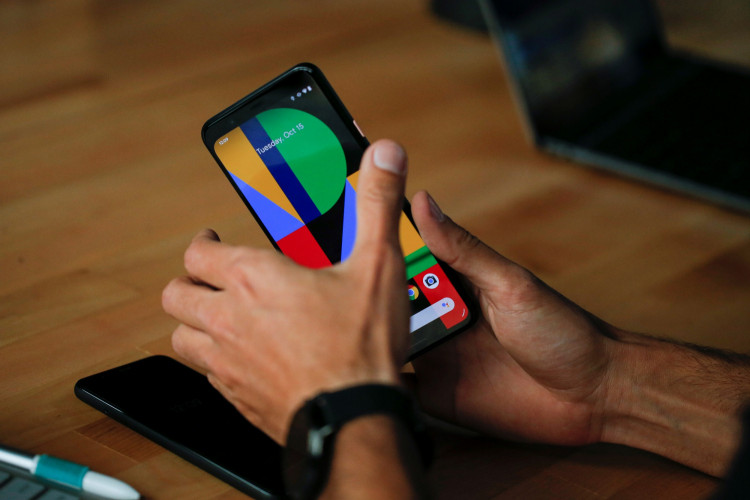Yesterday, Google sent out a tweet explaining why the fingerprint sensor on the Pixel 6 and Pixel 6 Pro is so slow. Moisturizing is apparently one of the solutions to the problem.
Made by Google Twitter account responded to a tweet criticizing the Pixel 6's under-display fingerprint reader as inaccurate, claiming that the tech giant's "enhanced security algorithms" were to blame for the slower fingerprint detection.
Before directing the original poster to its troubleshooting page, Google notes that "these added protections can take longer to verify or require more direct contact with the sensor."
This page includes some more obvious solutions, such as making sure you're running the most recent version of Android, pressing and holding your finger firmly on the sensor, and using one of the biometric security fingers you've actually enrolled.
If your fingers are excessively dry, this can cause problems with the in-display fingerprint scanner, according to Google. They recommend moisturizing and re-enrolling your fingerprint.
While Google's troubleshooting page may help with some of the more basic issues that people are having with the Pixel 6's fingerprint sensor, it's evident from customer feedback that the issue isn't something that can be solved with a moisturizer.
Other Twitter users' responses indicate that it could be a hardware issue. Instead of a fast ultrasonic fingerprint reader like the Samsung Galaxy S21, the Pixel 6 employs an under-the-screen optical fingerprint scanner, which some users believe is the reason for the sensor's poor performance.
However, as reported by Engadget, some Reddit users claim that the optical fingerprint reader on other OnePlus phones works perfectly, presumably indicating a software issue exclusive to the Pixel 6.
The Pixel 6 and Pixel 6 Pro are the first Google flagships to have the company's own Tensor processor, which includes an integrated security core, as well as the upgraded Titan M2 security chip.
They're also the first of the tech giant's phones to include under-display fingerprint scanning, and although other flagships, such as the Samsung Galaxy S21, utilize ultrasonic technology for faster unlocks, Google uses an optical scanner, which has been shown to deliver slower overall performance.
For the time being, it's unclear whether Google will be able to fix the problem with a software update, or if the scanner's ostensibly "enhanced" security system is indeed finicky about prints.






